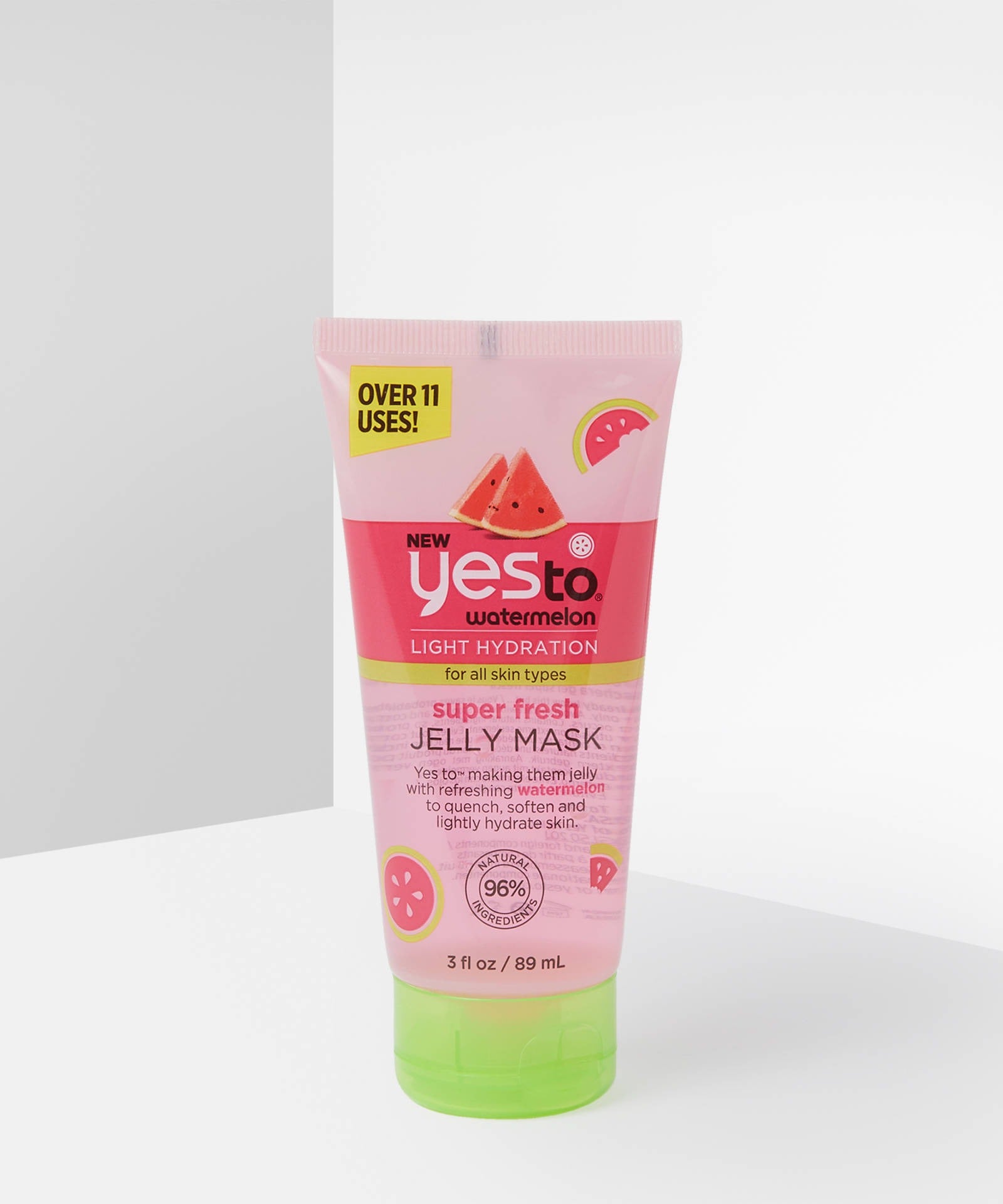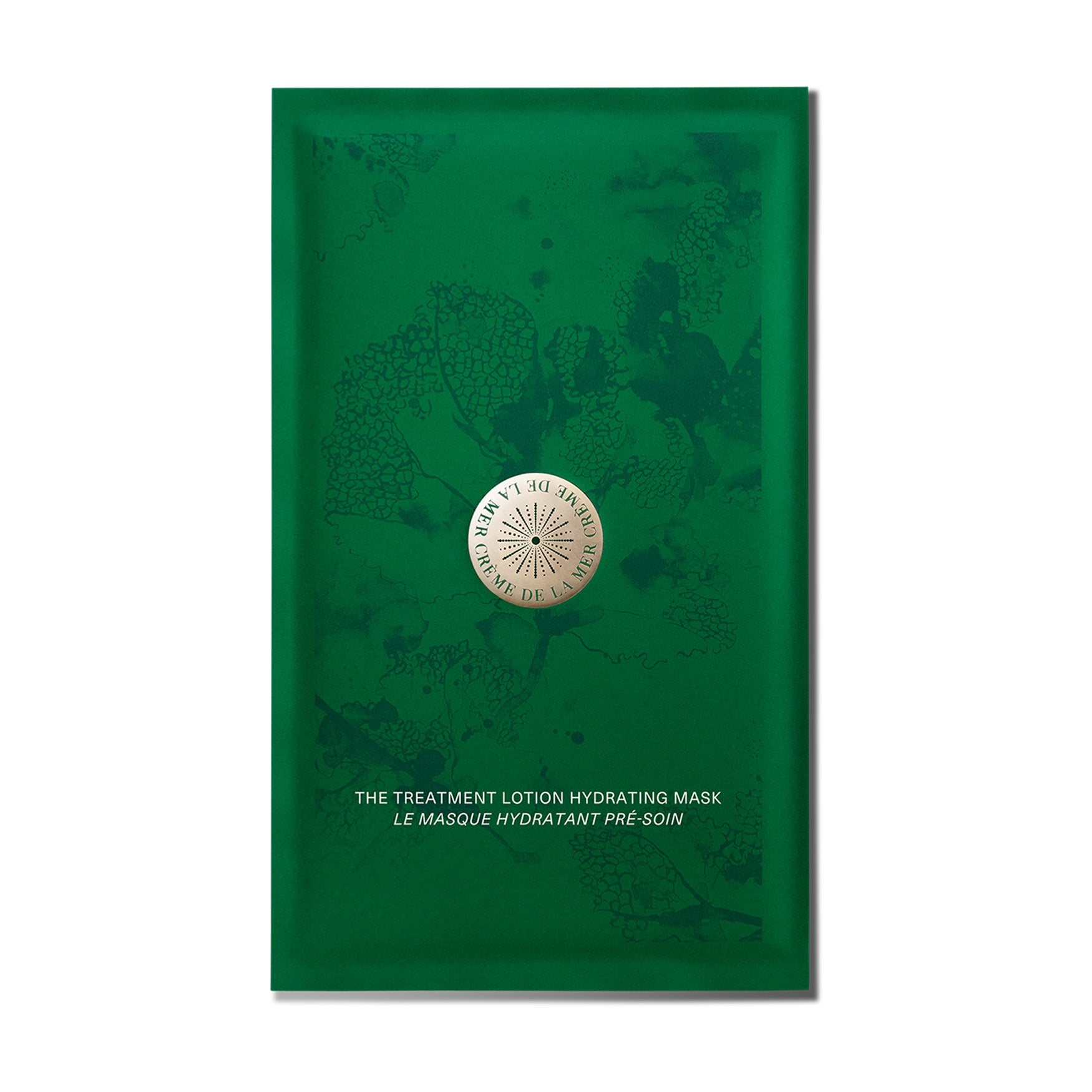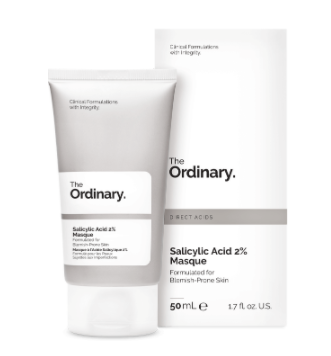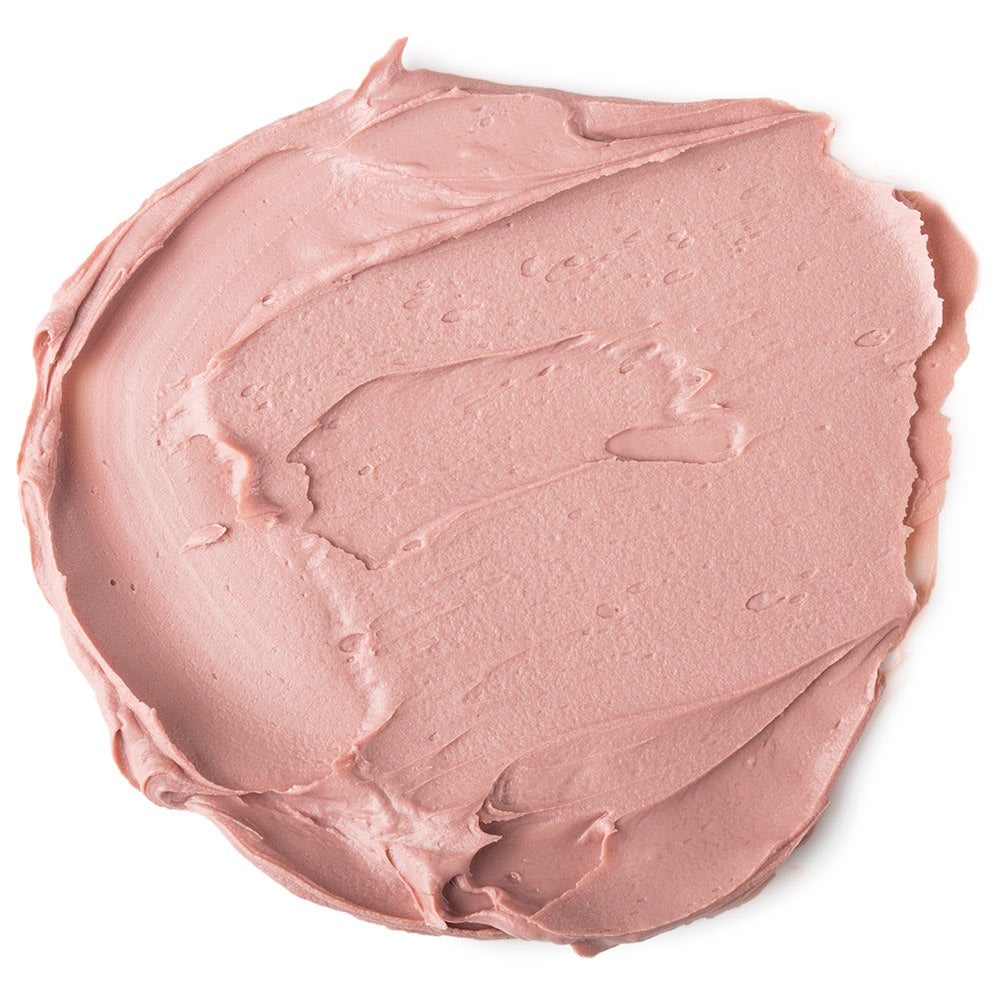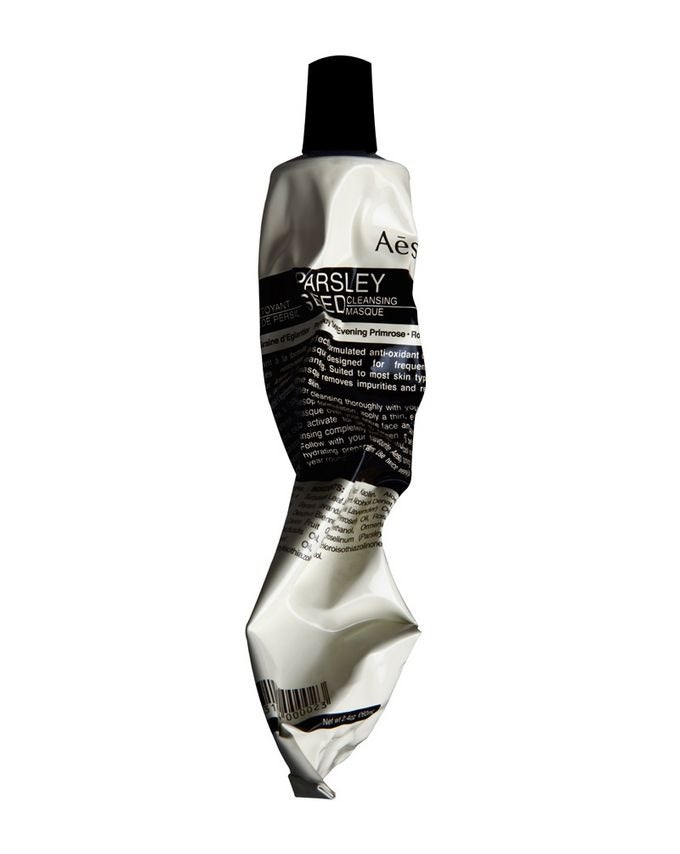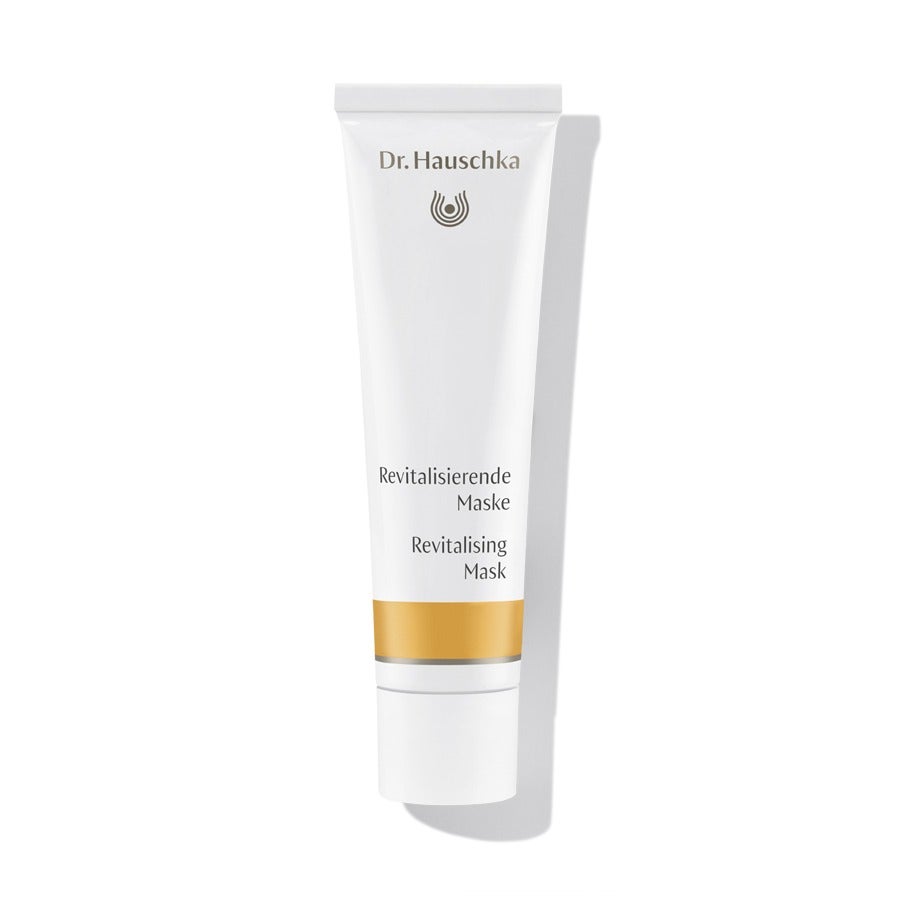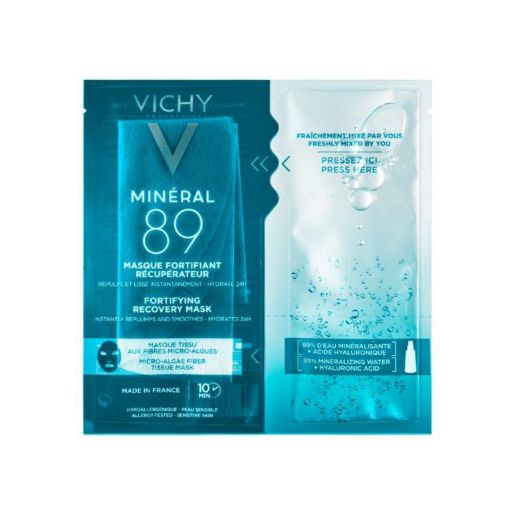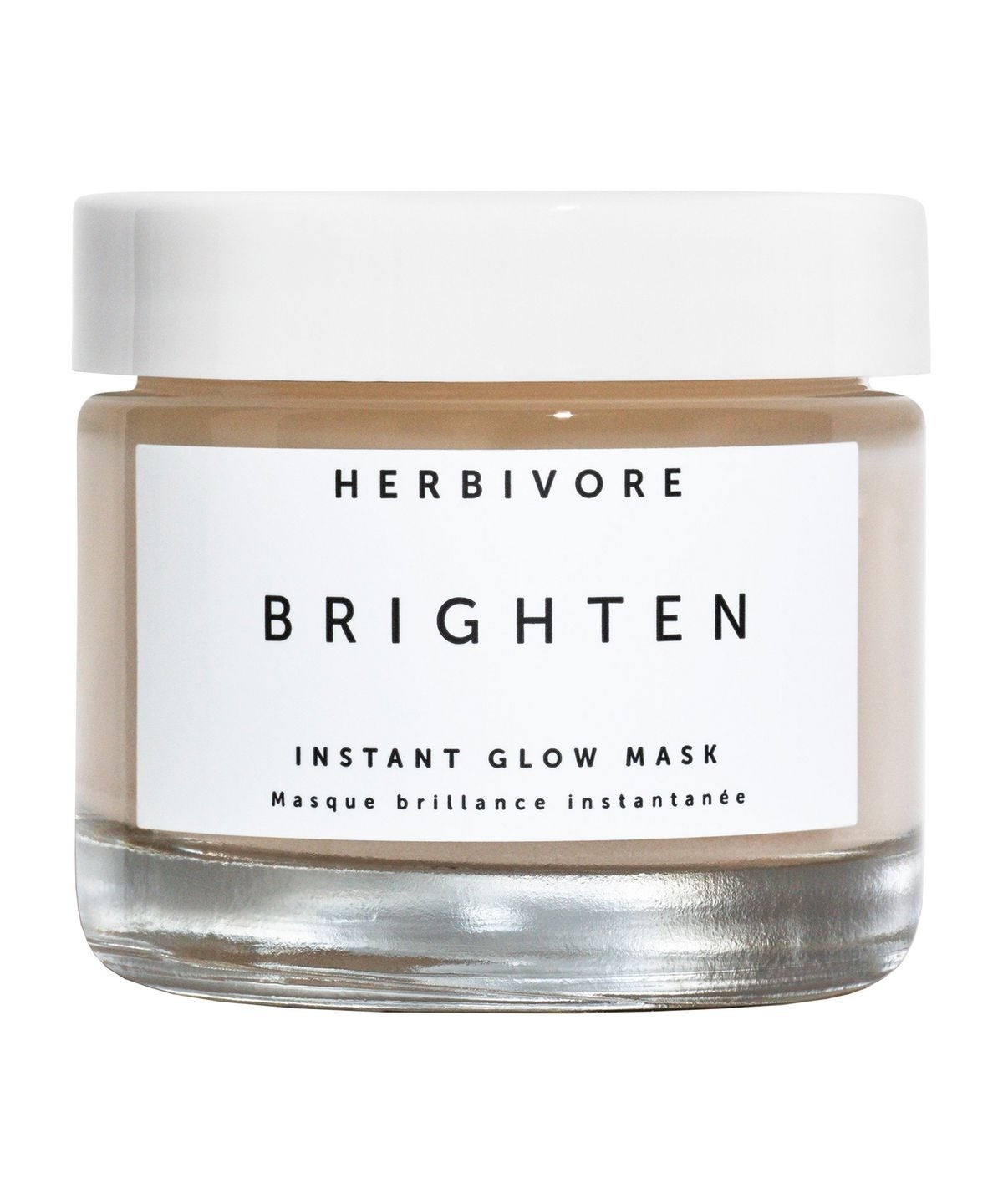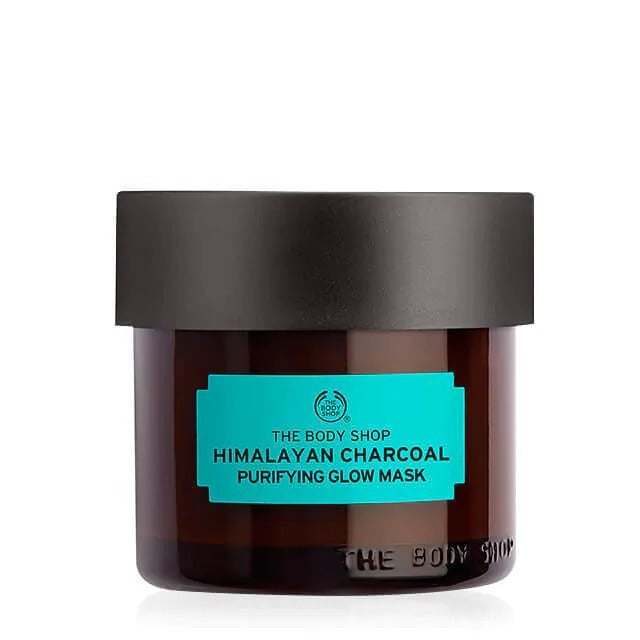The Big Mistake You’re Making In Your Skincare Routine
Photographed by Kate Anglestein.
In difficult times like these, you might look to a handful of proven stress relievers: mindfulness meditation, yoga, breathing exercises, a massage. But there's no denying the soothing quality of a good face mask.
Weeks into coronavirus lockdown, many of us finally have the time to pamper ourselves. Cult Australian skincare brand Sand & Sky has reported an uplift in face mask sales over the last week, while on Instagram hashtags like #dailymask are racking up numbers as we're delving into our skincare stocks for hydrating sheet masks, exfoliating masks and everything in between to get our daily, relaxing beauty fix.
AdvertisementADVERTISEMENT
Whether you want to banish dry patches or reduce breakouts, the main aim of a face mask is to deliver potent ingredients into the skin in a short amount of time, hence why many are only advised to be left on for 5-10 minutes. But it's very easy to overdo it and applying a face mask every evening – or even more than once a week – could be doing your skin more harm than good.
Coined 'over-masking' by experts, signs include redness, breakouts, itching, a burning sensation, dry, flaky and even peeling skin, says Dr Parisha Acharya, skin expert and aesthetic doctor at Waterhouse Young Clinic. "As much as we think we are giving ourselves a pampering session, overuse can result in harm and lead to sensitivity," Dr Acharya adds. "You can also strip the skin of its protective oils and friendly bacteria which are essential for maintaining healthy function of your skin."
Consultant dermatologist Dr Anjali Mahto agrees: "Using multiple ingredients on the skin, especially if high in active ingredients [such as retinol, vitamin C and exfoliating acids, like glycolic acid] can result in disruption of the skin barrier." When the skin barrier is disrupted, you're likely to experience a number of changes. "This may result in issues with facial rashes, such as contact dermatitis or eczema," both of which can be characterised by dry, sore, flaky and sometimes weeping, cracked skin. If this persists, it may need to be looked at by a GP or dermatologist.
AdvertisementADVERTISEMENT
That said, it isn't necessary to stop using face masks altogether, according to Dr Acharya; it just pays to be a little more savvy. "It all depends on your skin type but also the type of mask you're using," she says. "For extremely sensitive skin, I would recommend using masks just once a week and ensuring the ingredients are suitable for your skin concerns. Hydrating masks can be used roughly twice a week but exfoliating, brightening or anti-ageing masks should be used between 1-2 times a week." She adds: "It is also helpful to do a patch test to ensure you do not have a reaction to any of the ingredients before applying to full face, and remember to only apply a single layer, being mindful of the time."
If you're a big fan of face masks, Dr Acharya recommends 'multi-masking' – applying different face masks to certain areas to target individual skin concerns. For example, concentrate a salicylic acid mask on areas where you're prone to blackheads, and a hydrating mask that boasts ingredients like hyaluronic acid and glycerin on dry, dull places. "This is a good way to ensure your skin receives the correct ingredients in the correct areas."
Just like a good serum or moisturiser, you need to be consistent with using masks to get the best results. Dr Acharya suggests using your chosen product for a 6-10 week period and always using a clean brush to apply, instead of hands, which can harbour bacteria. "Also ensure that you supplement any mask with a good skincare regime to target and tackle your individual skin concerns," adds Dr Acharya.
AdvertisementADVERTISEMENT







